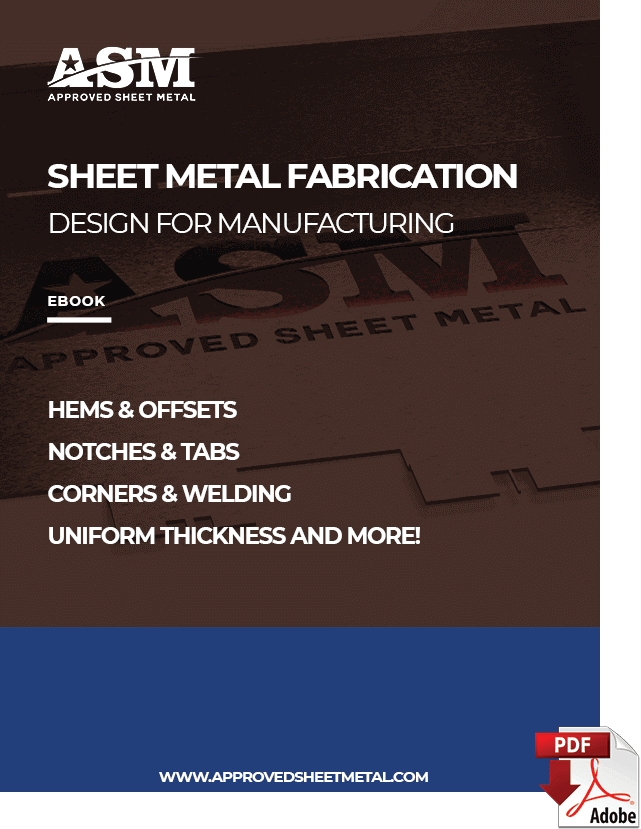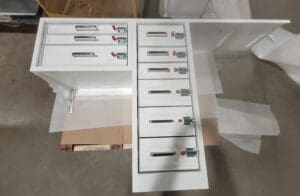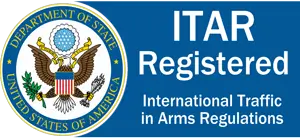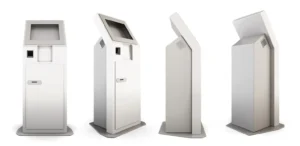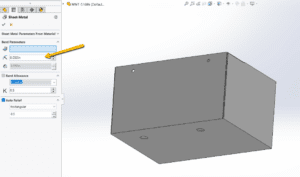Table of Contents
- 1 How to Get a Sheet Metal Part RFQ FAQ
- 2 5 details to include in your RFQ
- 3 What we produce internally for your project
- 4 Sheet Metal Design for Manufacturing
- 5 Sheet Metal RFQ Details FAQ
- 5.0.1 What information should I include in my RFQ for precision sheet metal parts?
- 5.0.2 What materials are available for immediate start on my parts from your Same Day Materials List?
- 5.0.3 How do I communicate welding requirements for my parts in the RFQ?
- 5.0.4 What are tapped hole callouts, and why should I include them in my RFQ?
- 5.0.5 Why is it essential to mention mating part tolerances in the RFQ?
How to Get a Sheet Metal Part RFQ FAQ
Last updated on June 26th, 2024 at 08:48 am
At Approved Sheet Metal, we love having the opportunity to talk to our customers after they submit a RFQ. During these conversations, we dig deeper into the function, key features, lead time, finishing requirements, and other important details that help us fabricate a beautiful part. That level of care and attention is just one of the many things that sets our rapid sheet metal shop apart from the competition.
As much as we enjoy these chats, we understand there are times when our customers just need a quick quote. To ensure that we have all the necessary information to provide a quote and get started on your parts, be sure to include the following details in your RFQ.
5 details to include in your RFQ
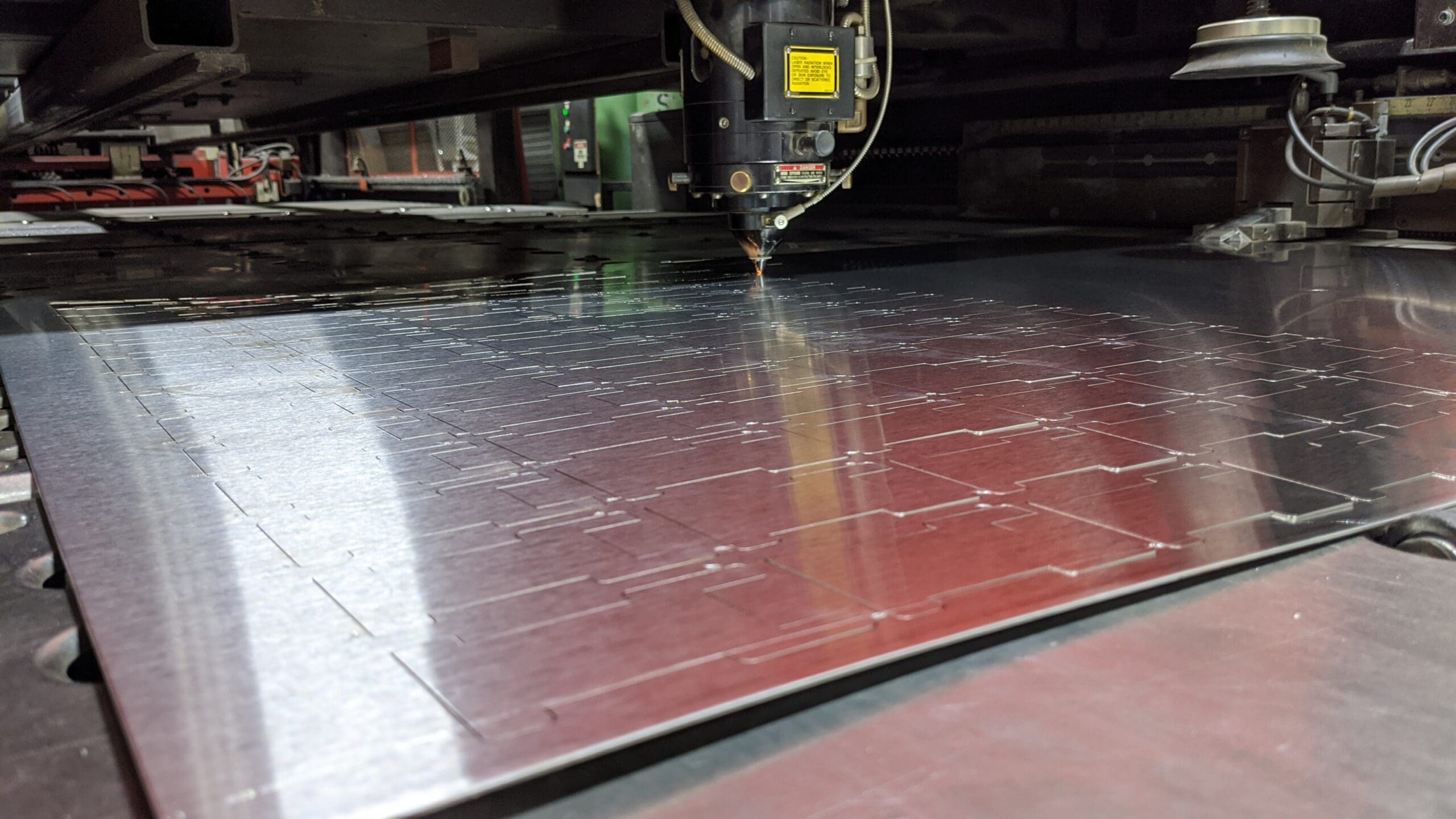
- One CAD model of your top level assembly with the hardware you would like included. If you do not have a CAD model, we can create one for you for a small charge.
- Material type. If you use something on our Same Day Materials List, we can start on your parts immediately.
- Finish. Let us know if you need your finished with powder coating, silk screening, wet paint, color anodizing, or chromating.
- Welding instructions if needed. It’s helpful to know if your part is internal or external, or if you have specific welding requirements for your part.
- Tapped hole callouts if needed. These callouts ensure we have the proper specs, including diameter and depth, for your holes.
What we produce internally for your project
- All outside dimensions print.
- A flat with a hole size chart. We use this critical information to verify that the hardware holes are accurate.
- A bill of materials (BOM) with labels.
- Welding instructions. If you don’t provide specific requirements, we’ll generate a set of welding instructions for you.
- Sheet metal bend gains or deductions.
- Mating part tolerances. To accommodate for bowing materials, we adjust covers slightly bigger than the mating parts (#wiggleroom).
- Grinding instructions. Do you need a shiny finish for a show part? Let us know! As much as we love polishing edges, it’s not always necessary for internal parts.
Approved Sheet Metal is proud to provide a quick turnaround for your custom sheet metal needs. Covering these important bases in your initial RFQ enables us to get your part right the first time around.
Do you have an urgent sheet metal need? Request a quote and we’ll get started as soon as possible.
Sheet Metal RFQ Details FAQ
When submitting an RFQ, it's important to provide a CAD model of your top-level assembly with included hardware. Specify the material type, desired finish (e.g., powder coating, silk screening), welding instructions if needed, and any tapped hole callouts with diameter and depth. These details help us understand your requirements accurately.
If you select materials from our Same Day Materials List, we can begin work on your parts immediately. Please check the list or inquire about the materials available for quick turnaround.
If your project requires welding, it's helpful to provide specific welding instructions. Indicate whether the welding is internal or external and any special requirements for the welding process. This information ensures precise fabrication.
Tapped hole callouts specify the diameter and depth of holes in your design. Including these details in your RFQ helps us ensure that the holes meet your specifications accurately, minimizing any potential issues during production.
Mating part tolerances are important to accommodate any variations in material shape, particularly in sheet metal. We adjust the covers slightly larger than the mating parts to allow for any bowing or discrepancies. Including this information (#wiggleroom) helps us achieve a better fit and finish.

